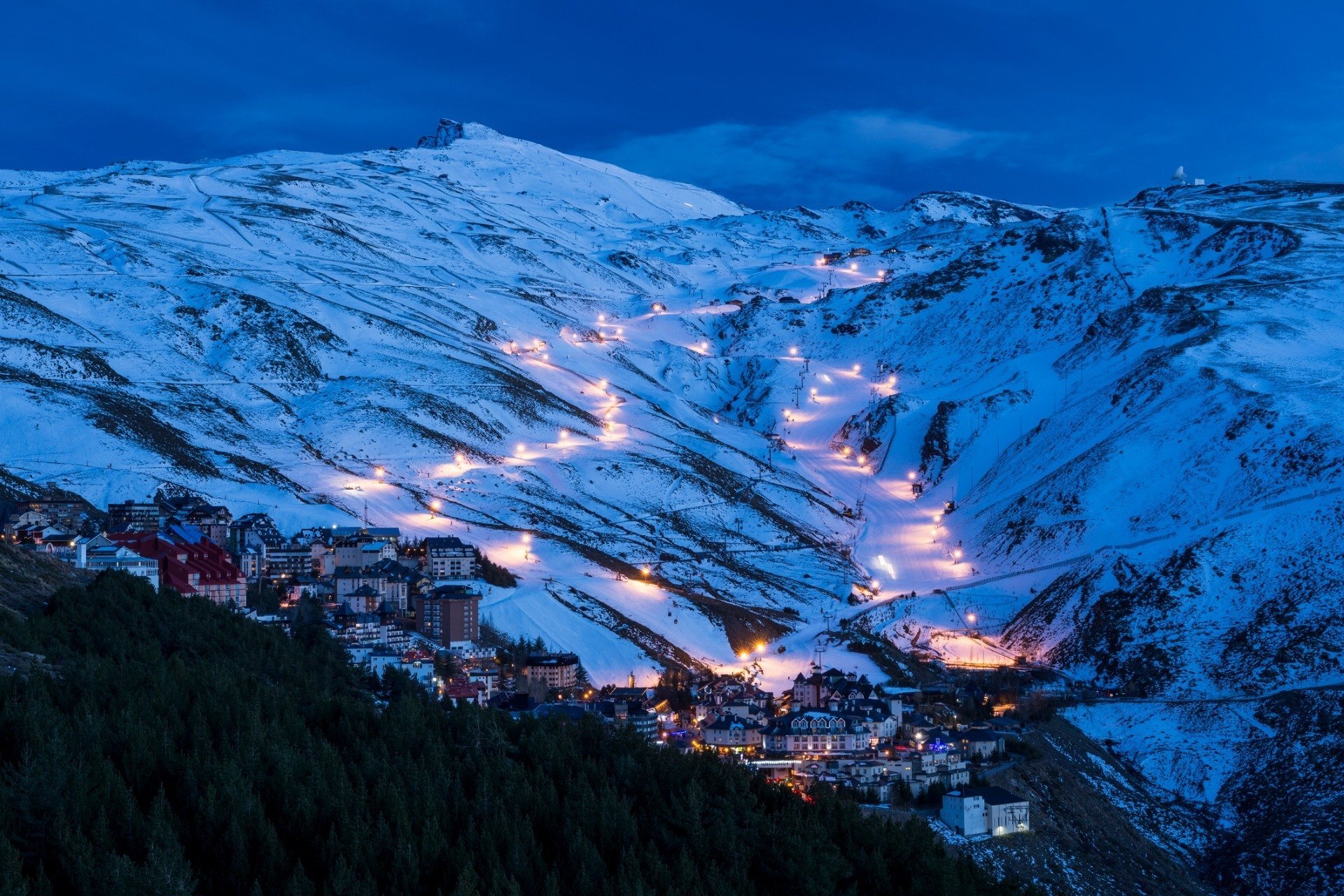Cadiz- Travel Guide
The Andalusian city of Cádiz is an ancient and enchanting place. Built in 11,000 BC by the Phenocians, it is thought to be the oldest inhabited city in the western world, and its myriad cobbled streets, beaches, and stunning architecture, make it a truly wonderful holiday destination.
Food & Drink
Cádiz is a paradise for foodies, boasting some of the country’s most delicious cuisine, exemplified in the vibrant, Mercado Central. Spain’s oldest covered market, it comprises one hundred and fifty stalls selling all manner of delicious delicacies, including cheese, cured meats and even sushi!
Barely a stone's throw from the market, Churrería La Guapa, serves some of the city’s best churros, a dish hugely popular with locals. Bar la Marina, and Cocina la Secreta, both situated in the nearby Plaza Topete, or as it’s known locally, Plaza des Las Flores, due to its numerous flower stalls, are also great options.
Plaza des las Flores
As one would expect from a city all but surrounded by the ocean, Cádiz boasts an abundance of excellent fish and seafood restaurants.
Restaurante el Faro de Cádiz serves traditional Andalusian dishes such as Parga, (red snapper) and Cazon (dogfish), as well as delicious, oysters, likewise El Tío de la Tiza, an atmospheric taberna with a vast al fresco seating area, and a menu of delicious fish and seafood based tapas.
Throughout the city, small cafes known as Freidurías de pescado, sell fresh fish fried in a light, subtly spiced batter. Freiduria Europa and Freiduria Marisquería Las Flores are both great options.
Sherry is a regional speciality, its production centred around three towns just north of Cádiz, commonly known as the sherry triangle. There are numerous excellent sherry bars in the city, but perhaps the finest is Taberna La Manzanilla, named after the delicious Manzanilla sherry which they serve from giant oak barrels. For meat lovers, Cumbres Mayores, serves local sherries alongside some of the best meat-based tapas in the city, including Abanico, a delectable, regional dish of rib-meat stewed in an intense, Pedro Ximenez sauce.
What to do
The Museo de Cádiz, is a great place to learn about the city’s extensive and storied history and includes a number of well preserved Roman and Phenocian Artifacts.
Cádiz Cathedral
The city’s numerous architectural gems include the magnificent, roman-built, cathedral, which displays both baroque and neoclassical characteristics; the nearby Teatro Romano, an amphitheatre also constructed by the Romans; The Gran Teatro Falla, a stunning rose-colored theatre which is a great example of Moorish-revival architecture, and two sea fortresses: the star shaped Castillo de Santa Catalina, and the Castillo de San Sebastian, situated on a small island connected to the shore by a stone walkway.
Castillo de San Sebastien, with the city in the background.
Located in the historic centre, La Caleta is the most popular of the city’s beaches, whilst Santa Maria del Mar, in the south of the city, has excellent, panoramic views of the old town. Further south, a vast stretch of coastline encompasses a number of excellent beaches including, Playa Victoria, and Playa Cortada.
Playa de la Caleta, Cádiz Andalucía, Cádiz, Spain
Flamenco is an art-form native to Andalusia, and one that seems to embody the vivacity of the region. Cádiz has numerous great Flamenco bars, including La Cava, a traditional, cavernous taberna with nightly Flamenco shows, great drinks, and a wonderful atmosphere.
How to get there
Although there is no airport in Cádiz, the nearby Jerez de la Frontera airport, is easily reachable by train, car or taxi, whilst Seville airport, though slightly further away, has more frequent, and generally more affordable options.
Author
More From Josh B
Related News
Sponsored Links















Josh B View profile
London based writer and editor with a passion for travel. Loves the excitement of exploring fast-paced, urban destinations with great food, drink and nightlife!